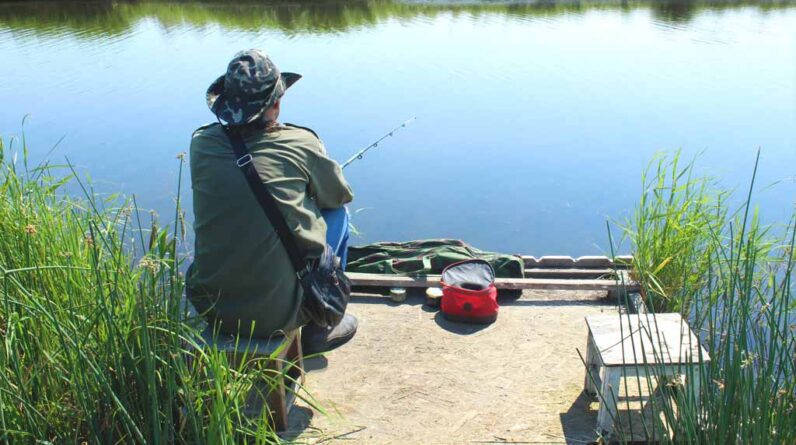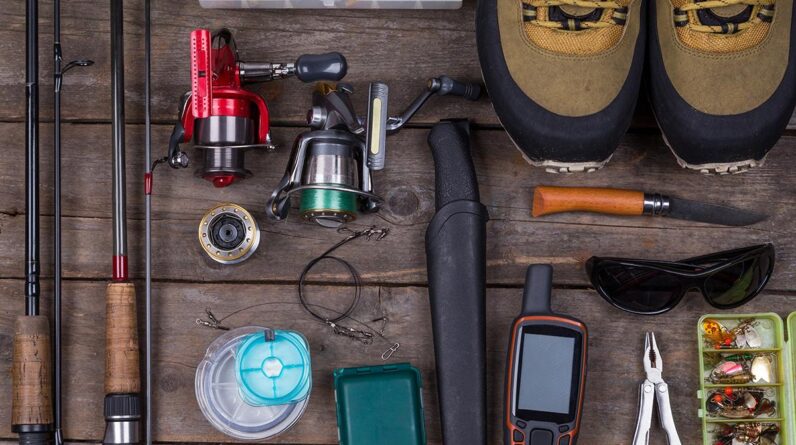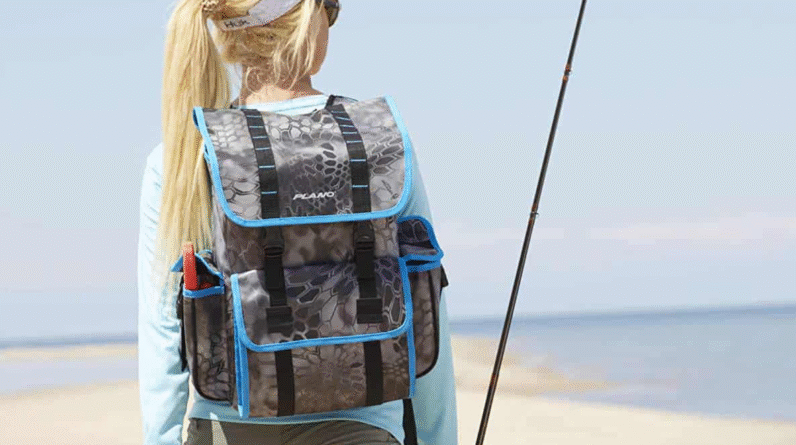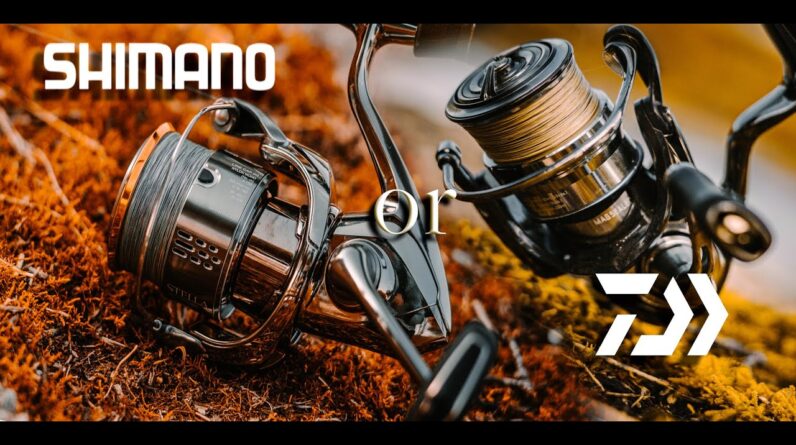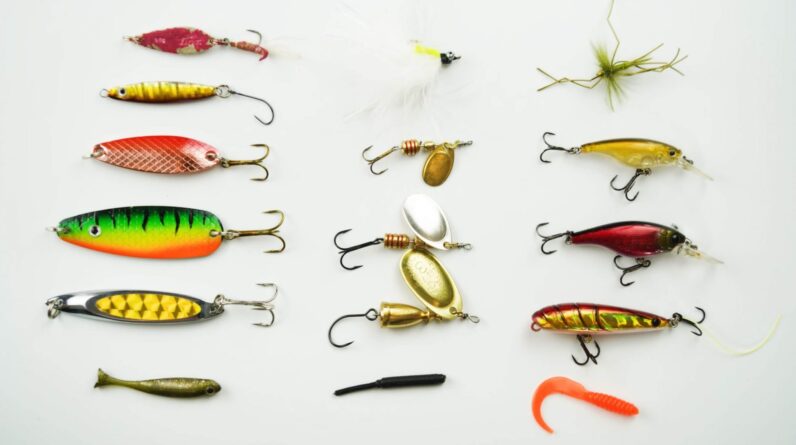Introduction
Fishing is not just a leisurely activity; it’s a passion that connects individuals to nature and provides a unique sense of satisfaction. To truly appreciate the art of fishing, one must delve into the intricate world of fishing terms. Whether you’re a seasoned angler or a novice eager to cast your first line, understanding these terms is crucial. In this comprehensive guide, we’ll unravel the mysteries behind common fishing terms, ensuring you’re well-equipped for your next angling adventure.
Getting Started: Basic Fishing Terms
1. Baitcaster:
- Definition: A type of fishing reel mounted on top of the fishing rod, allowing for precise casting control.
- Usage: Baitcasters are favored by experienced anglers for their accuracy in casting heavier lures.
2. Tackle Box:
- Definition: A container used to store various fishing accessories, including lures, hooks, lines, and other essentials.
- Usage: Organizing your tackle box is essential for a successful fishing trip, ensuring you have the right gear at your fingertips.
3. Landing Net:
- Definition: A net with a handle used to land and lift the caught fish out of the water.
- Usage: Having a landing net is essential for safely securing your prized catch without risking injury to yourself or the fish.
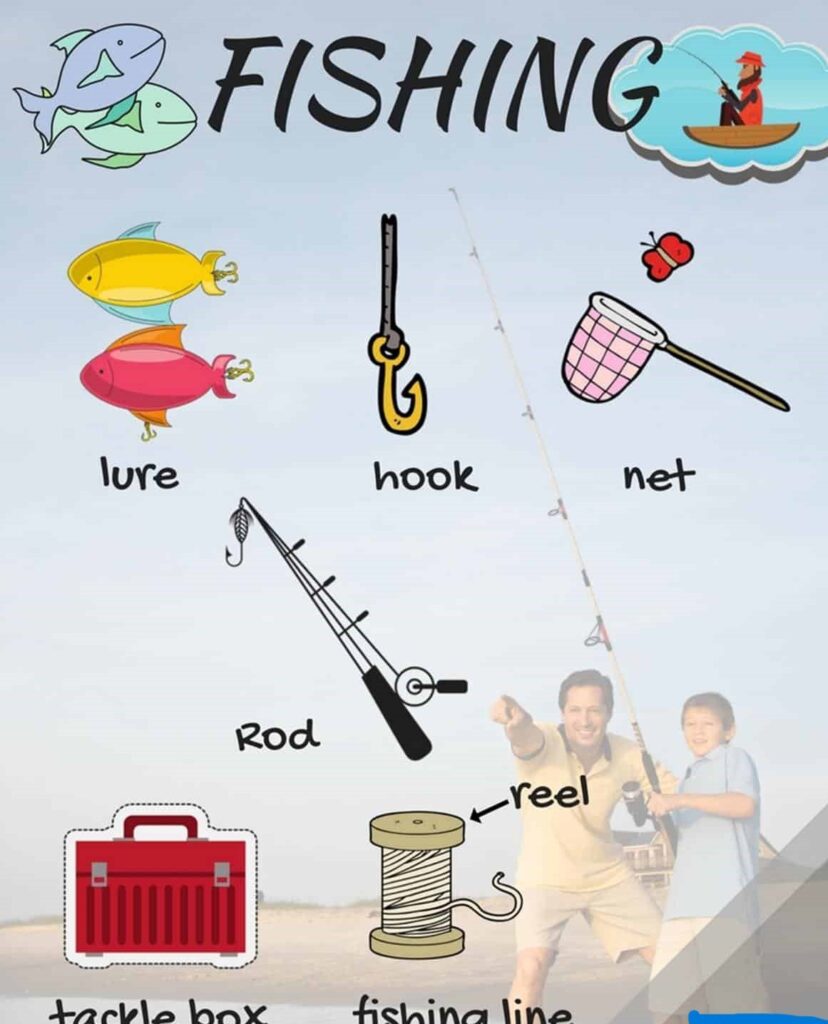
Beyond the Basics: Intermediate Fishing Terms
1. Chumming:
- Definition: The practice of scattering bait, often in the form of small fish or fish parts, to attract larger fish to the area.
- Usage: Anglers use chumming to create a feeding frenzy, increasing the likelihood of a successful catch.
2. Drag:
- Definition: The mechanical system on a fishing reel that applies pressure to the hooked fish, preventing it from breaking the line.
- Usage: Properly adjusting the drag is crucial for preventing snapped lines and ensuring a successful fight with the fish.
3. Swimbait:
- Definition: A type of fishing lure designed to mimic the swimming action of real fish.
- Usage: Swimbait is particularly effective for targeting predatory fish species, enticing them with a lifelike presentation.
Advanced Fishing Terms: Mastering the Art
1. Trolling:
- Definition: A fishing technique where lures or bait are dragged behind a moving boat.
- Usage: Trolling is commonly used in open water to cover large areas and locate schools of fish.
2. Fluorocarbon Line:
- Definition: A type of fishing line known for its low visibility underwater and high abrasion resistance.
- Usage: Fluorocarbon lines are preferred in clear water conditions, where fish may be more cautious.
3. Deadstick:
- Definition: Allowing a baited hook to sit motionless in the water, often used for ice fishing or when targeting cautious fish.
- Usage: Deadsticking requires patience but can be highly effective in enticing finicky fish to strike.
Faqs
Q: What Are Some Essential Fishing Terms For Beginners?
Embarking on your angling journey? Start with the basics. Learn terms like “casting,” “reel,” and “bobber” to establish a solid foundation for your fishing vocabulary.
Q: Are There Fishing Terms Specific To Fly Fishing?
Absolutely! In the world of fly fishing, terms like “dry fly,” “nymph,” and “streamer” take center stage. Familiarize yourself with this unique dialect for a seamless fly fishing experience.
Q: How Can I Stay Updated On New Fishing Terms?
Stay connected with the angling community, both online and offline. Join fishing forums, read angling literature, and attend events to keep pace with evolving fishing terms.
Q: What Are Some Advanced Fishing Terms I Should Know?
As you progress in your angling journey, acquaint yourself with terms like “flipping,” “drop-shotting,” and “spooning.” These advanced techniques demand a specialized vocabulary.
Q: Is There A Universal Fishing Language, Or Does It Vary By Region?
While there are universal terms, regional variations exist. Embrace the diversity of fishing language, adapting to local jargon as you explore different angling communities.
Q: How Can I Contribute To The Conservation Efforts Mentioned In The Article?
Simple actions, such as practicing catch-and-release, participating in clean-up initiatives, and supporting conservation organizations, can make a significant impact. Every angler plays a role in preserving our water ecosystems.
Conclusion
Embarking on a fishing expedition is more than just dropping a line in the water; it’s about mastering the language of fishing terms. This comprehensive guide has provided insights into basic, intermediate, and advanced terms, ensuring you’re well-versed in the intricacies of angling.
As you prepare for your next fishing adventure, remember the importance of each term and how it contributes to the overall experience. So, whether you’re chumming for a big catch or adjusting your drag for a thrilling fight, these terms are your keys to success.

